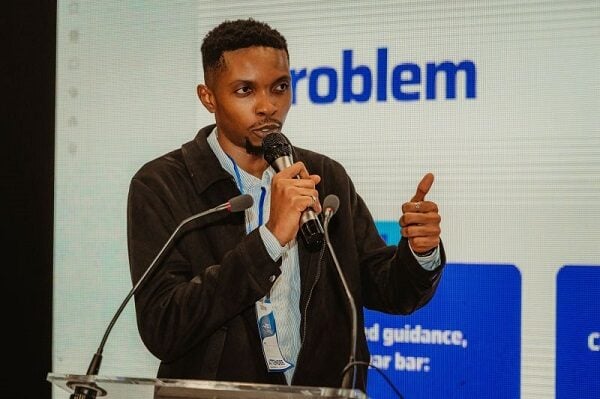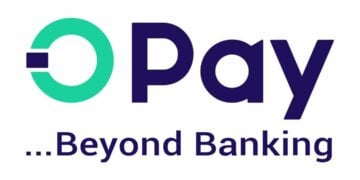Software Engineer and AI Governance Advocate Chidozie Managwu has cautioned that Nigeria’s rush to develop AI policies without parallel investment in sovereign data infrastructure could deepen its dependence on foreign technology platforms.
Managwu, recently selected as a reviewer for the DFA25Datathon organised by DataFest Africa, explained that, while African governments published six national AI frameworks in 2024 alone, most of the continent’s AI systems continue to run on infrastructure owned by multinational corporations.
“We’re building AI governance on borrowed infrastructure. Every AI application running on foreign cloud platforms represents not just a technical dependency, but a sovereignty risk,” he stated.
Speaking at a recent technology forum in Lagos, Managwu highlighted three critical implications: data ownership—most Nigerian data is stored by foreign tech giants; model bias, current large language models aren’t built on African data, leading to systems that misunderstand local context; and economic leakage that every naira spent on foreign AI infrastructure represents value flowing out of Nigeria.
According to NITDA’s 2025 data classification framework, international cloud providers are now being pushed to host sensitive finance, healthcare, and government data inside Nigeria. ‘This is a step in the right direction, but enforcement and capacity remain major challenges,’ Managwu said.
He revealed that, while Nigeria leads Africa’s data infrastructure surge, with MTN and Airtel unveiling landmark projects in Lagos, the continent still hosts less than 1.3% of the world’s data centre capacity despite holding 18 per cent of the world’s population. “This means a simple email from Lagos to Abuja may travel via Europe or the United States before returning home,” he stated.
He noted that 90 per cent of Africa’s internet traffic is still routed through servers outside the continent, creating latency issues and compliance challenges. When Nigerian hospitals deploy AI systems or banks use AI for fraud detection, critical questions arise: Where is that memory stored? Who has access? What happens if foreign cloud providers receive legal orders from their home governments?
“In August 2024, the Nigeria Data Protection Commission fined Fidelity Bank N555.8 million for processing personal data without consent. This has sent a clear message that data governance isn’t optional. But enforcement is only half the battle; we need infrastructure that makes compliance practical,” Managwu said.
Managwu pointed to Morocco’s success in overtaking South Africa as Africa’s top data centre host and Huawei Cloud’s December 2024 launch of Nigeria’s first local cloud, which delivers ultra-low latency of 15 milliseconds while keeping all data within Nigeria’s borders.
He warned that Africa’s AI talent gap, with only three per cent of global AI talent despite having the world’s youngest,fastest-growing population, is directly linked to infrastructure deficits. “Talent without infrastructure creates brain drain. Skilled engineers leave because local ecosystems lack the compute, data, and deployment platforms needed to build competitive AI.”





